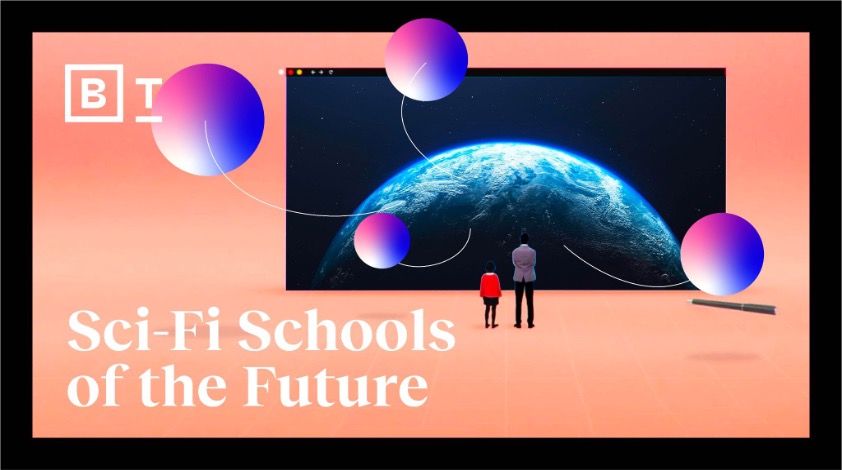Fareed Zakaria has been called “the most influential foreign policy adviser of his generation” (Esquire). He is the Emmy-nominated host of CNN’s Fareed Zakaria GPS, a contributing editor for The Atlantic, a columnist[…]
Could a student get the same liberal arts experience out of an online education than they would on a physical campus? Probably not, says Fareed Zakaria, but that doesn’t mean online learning isn’t without its many benefits.
▸
2 min
—
with
Sign up for Big Think on Substack
The most surprising and impactful new stories delivered to your inbox every week, for free.
Could a student get the same liberal arts experience out of an online education than they would on a physical campus? Probably not, says Fareed Zakaria, because they would miss out on lateral learning and peer-to-peer experience. Despite this, it is still possible for those educated online to become qualified in the job market. Imagine if the hiring agents of the world began accepting online learning certifications in lieu of college diplomas. This would severely undercut the pricing model for many colleges, explains Zakaria. It would force them to justify their egregious tuition numbers. This is why online learning offers the potential promise of disrupting the current state of affairs and making this better for all kinds of students.





Fareed Zakaria: It’s a very interesting question as to whether you can get a liberal education outside the walls of academia. There’s no question you can increasingly get the core academic elements of that education and I think that’s a very powerful piece of it. Whether it’s Khan Academy. Whether it’s Coursera. Whether it’s edX. These are all purveyors of online education. In the case of Coursera and edX, you’re providing the same courses in many cases that you’re able to do. And I think that the interaction, the interactive element will probably get better and better.
What you’re not going to be able to provide is the physical experience of being together with people, the lateral learning, the pure experience, the socialization. Think about all our lives: We all know that people who succeed in life often have very good social skills, have very good political skills. They understand how to read a room, read somebody else, sell to someone. So those qualities might not be as well taught in an entirely online experience.
But I think again the point is that the pricing power of a college will be under significant strain if somebody says look, I wasn’t able to afford to go to College X, but I’ve taken 32 courses with are the number of college courses you need to graduate from that college and they’re from College X, but also from Harvard, Stanford, Yale, and I did pretty well in them. And here are my diplomas, my certificates that I’ve completed those 32 courses. Will you hire me? And when an employer says we’ll hire you because you have the training you need for this job or you have the background you need for this job there goes the pricing model for many colleges. Not the elite colleges. The very elite colleges are selling membership to a private club. But for mostly everybody else, you will have to explain why you’re charging $40,000 a year.